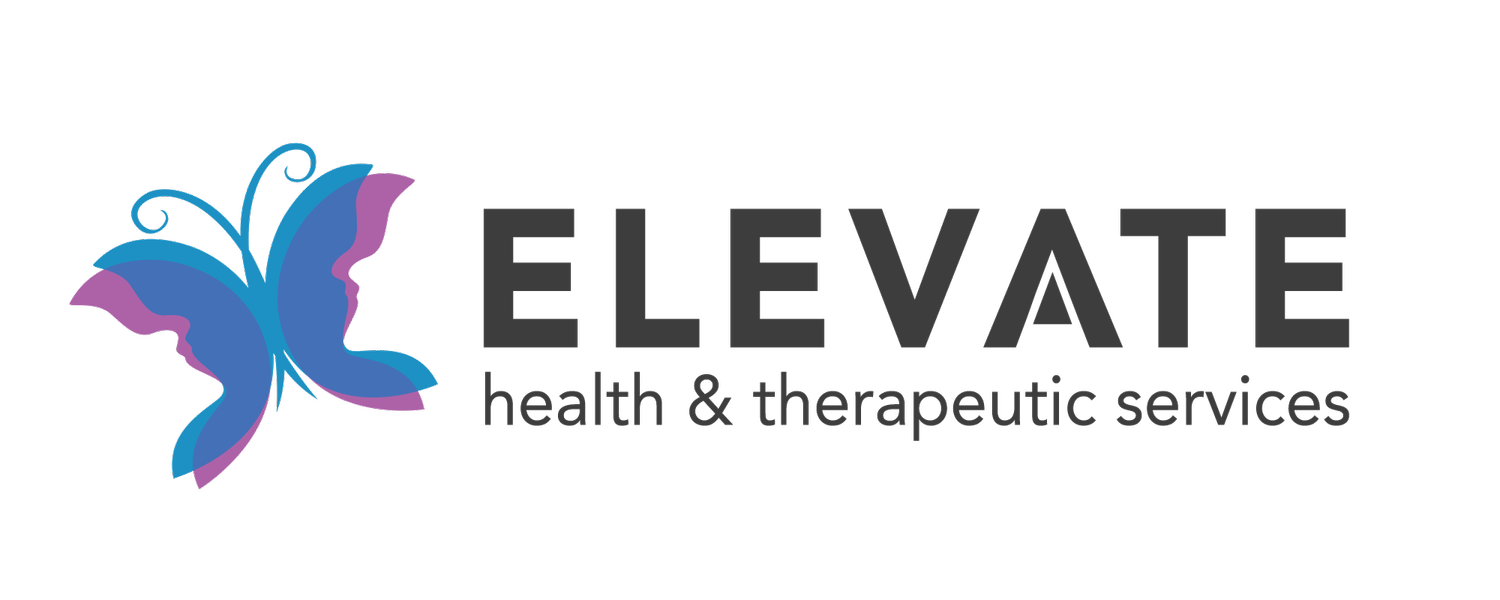Childhood Apraxia of Speech (CAS): Signs and Symptoms
As a caregiver, identifying the signs of Childhood Apraxia of Speech (CAS) can be challenging. Nevertheless, there are crucial warning indicators that can assist in recognizing these signs..
Being aware of these indicators can lead to earlier intervention and better outcomes for the child. It's important to educate yourself on these signs to ensure timely and effective support.
If you suspect that your child may have Childhood Apraxia of Speech (CAS), it's essential to seek an evaluation by a qualified speech-language pathologist (SLP) who specializes in pediatric communication disorders.
Identifying Signs of Childhood Apraxia of Speech
Difficulty with Speech Sounds: Trouble pronouncing sounds, syllables, and words.
Inconsistent Errors: Inconsistent errors in consonants and vowels when repeating words.
Groping Movements: Visible effort or struggle to move the mouth into the correct positions.
Difficulty Imitating Speech: Trouble imitating speech sounds and movements, even if they are capable of the movements on their own.
Reduced Babbling: Limited babbling or reduced sounds in infancy.
Speech Delay: Noticeable delay in speech development compared to peers.
Monotone Speech: Lack of varied intonation and rhythm in speech.
Difficulty Sequencing Sounds: Challenges with sequencing sounds in the correct order, especially in longer words.
Vowel Distortions: Distortions or changes in vowel sounds.
Dependence on Nonverbal Communication: Reliance on gestures and nonverbal communication due to difficulty with spoken language.
Remember that every child develops at their own pace, and occasional speech errors are common in early childhood. However, don't hesitate to seek professional guidance if you have persistent concerns about your child's speech and language development.
Early identification and intervention can make a significant difference in managing CAS and supporting your child's communication skills.
If you suspect your child might have CAS, it is important to consult with a speech-language pathologist for a thorough evaluation.
For More Information
To access further details and explore resources concerning speech, language, and hearing concerns, contact us, Elevate Health & Therapeutic Services, at (856) 492-1355 to arrange an advisory session or email us at info@elevatehealthnj.com to schedule a discovery call or evaluation.
Be on the lookout for more information and more posts about CAS!
To learn more about what CAS is: https://cat-helicon-pt4b.squarespace.com/config/pages/64679eb37514303103628af9/content

